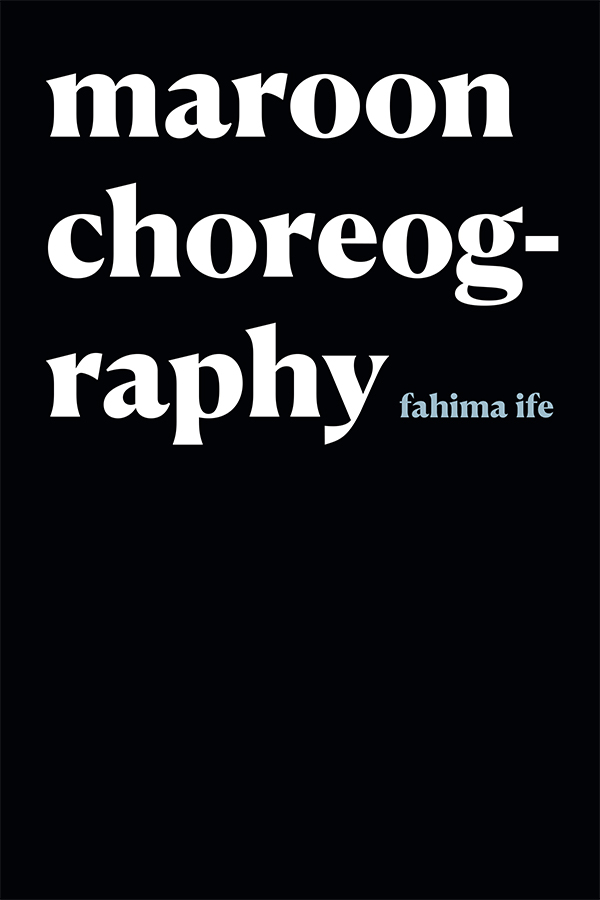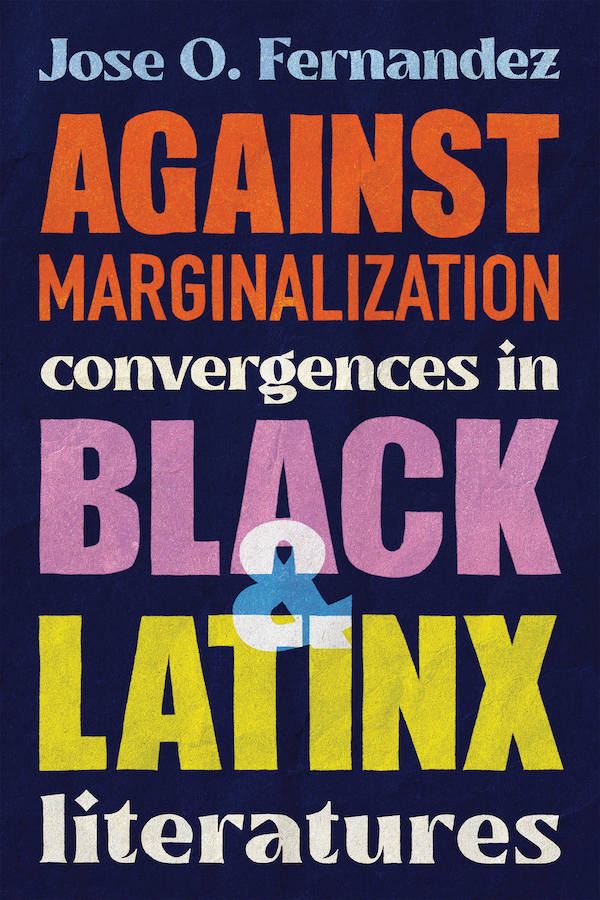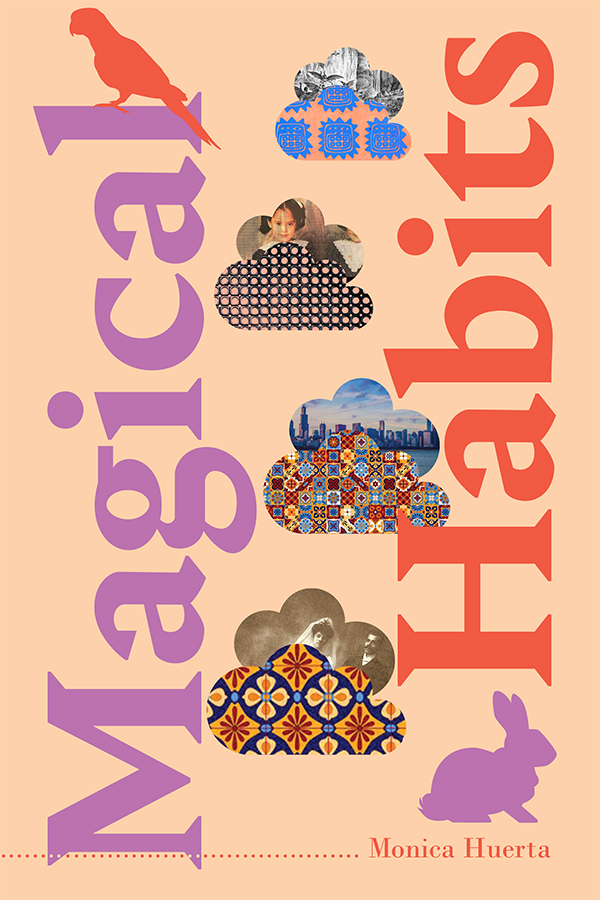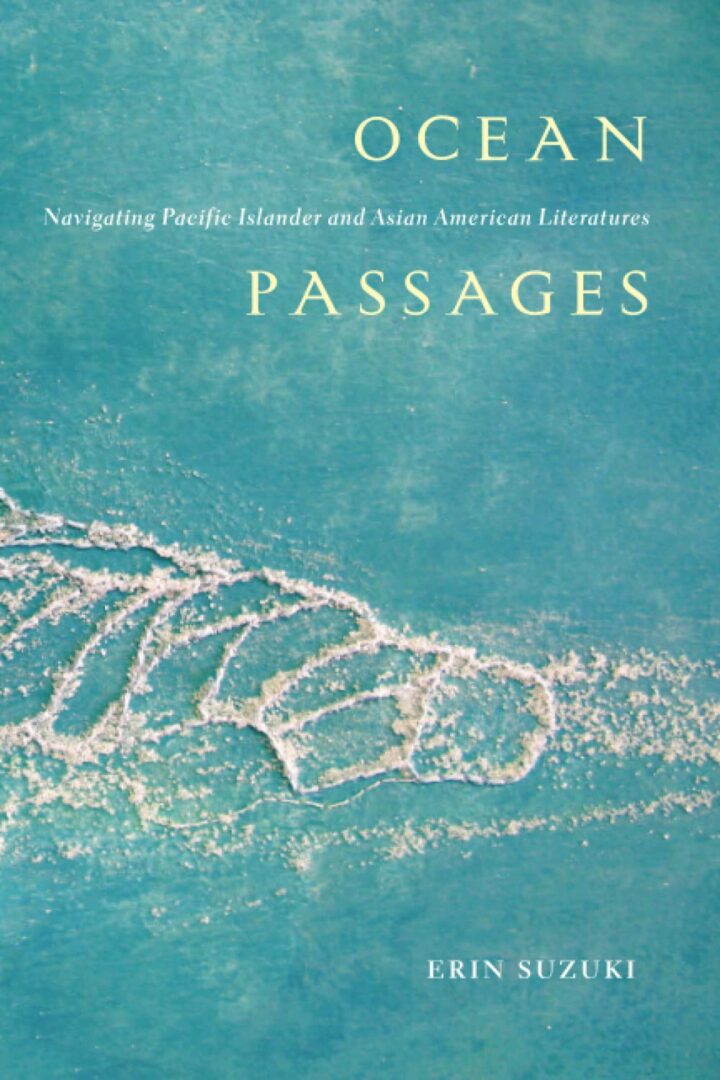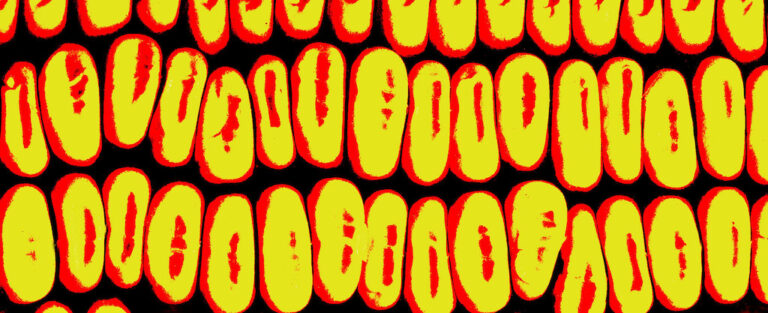In Maroon Choreography, fahima ife follows the policing of Black and Indigenous life across Western modernity in a series of meditations on the “discipling” of the English language in literature and pedagogy, asking us to consider how the afterlife or afterlives of slavery and the present reality of coloniality echoes in our more closely held assumptions about the relationship between language and power. Each of the book’s four sections meditates on a particular aspect of these contradictions, unpacking how certain intellectual projects and submerged knowledges cannot be understood in “disciplined English.” These stylistic choices function on both a creative and critical level, leaving us with a text that will challenge a wide range of audiences across the humanities and be instructive in our classrooms and workshops.
Keyword: literature
Review of Against Marginalization: Convergences in Black and Latinx Literatures by Jose O. Fernandez (The Ohio State University Press)
Jose O. Fernandez’s Against Marginalization: Convergences in Black and Latinx Literatures is an innovative project that takes conversations about literary and cultural history in a new direction. Recognizing the efforts of Black and Latinx scholars in crafting distinct literary traditions and histories, Fernandez uses his book to argue for cross-ethnic literary studies and identify similarities between Black and Latinx traditions. This endeavor revolutionizes conversations about literary history of the United States and challenges narratives of exclusion and silencing. This book serves to show the importance of knowing the names of authors and artists, and the communities that fought for them, because they make up the fabric of US history. To learn those names next to Faulkner, Twain, Hemingway, Steinbeck, and Fitzgerald not only makes them part of American literary tradition but also spotlights their absence and exclusion in a way that expands the boundaries of “literary tradition.” This review takes seriously Fernandez’s project, which opens exciting avenues for cross-ethnic historic study while also examining opportunities for future study.
Review of Magical Habits by Monica Huerta (Duke University Press)
In Magical Habits, Monica Huerta delivers a labyrinthine and whimsical study on the intersection between stories, race, place, and archive. The author’s lived experience as a second-generation Mexican immigrant living in Chicago is dissected to bring about an original understanding of how race complicates notions of history, capitalism, and narratives of the self. The reader’s curiosity will be piqued by Magical Habits’ experimental structure, and by the author’s decision to abandon traditional academic writing in favor of an intimate prose that fluctuates between storytelling and critical thinking.
Review of Ocean Passages: Navigating Pacific Islander and Asian American Literatures by Erin Suzuki (Temple University Press)
Erin Suzuki’s Ocean Passages is a sustained analysis of how various narratives of “ocean passages” disrupt and revise hegemonic constructions of the Pacific. Through analyses of contemporary Indigenous Pacific and Asian American literatures, Suzuki demonstrates what new paradigms can emerge by bringing Asian and Pacific Islander passages across the same sea into critical relationality.
Review of Infrastructures of Apocalypse: American Literature and the Nuclear Complex by Jessica Hurley (University of Minnesota Press)
Jessica Hurley’s Infrastructures of Apocalypse: American Literature and the Nuclear Complex examines how postwar literature has responded to discourses, both official and unofficial, of nuclear weaponry and nuclear power. Hurley explores how literature from a variety of genres offer a different sense of past, present, and future in response, thus constructing the apocalypse as a transfiguration rather than as a revelation.
Review of Being Property Once Myself: Blackness and the End of Man by Joshua Bennett (Harvard University Press)
Reading a robust archive of twentieth and twenty-first century African-American literature, Joshua Bennett’s Being Property Once Myself: Blackness and the End of Man lays the foundations for rethinking kinship and relation between humans and animals.
